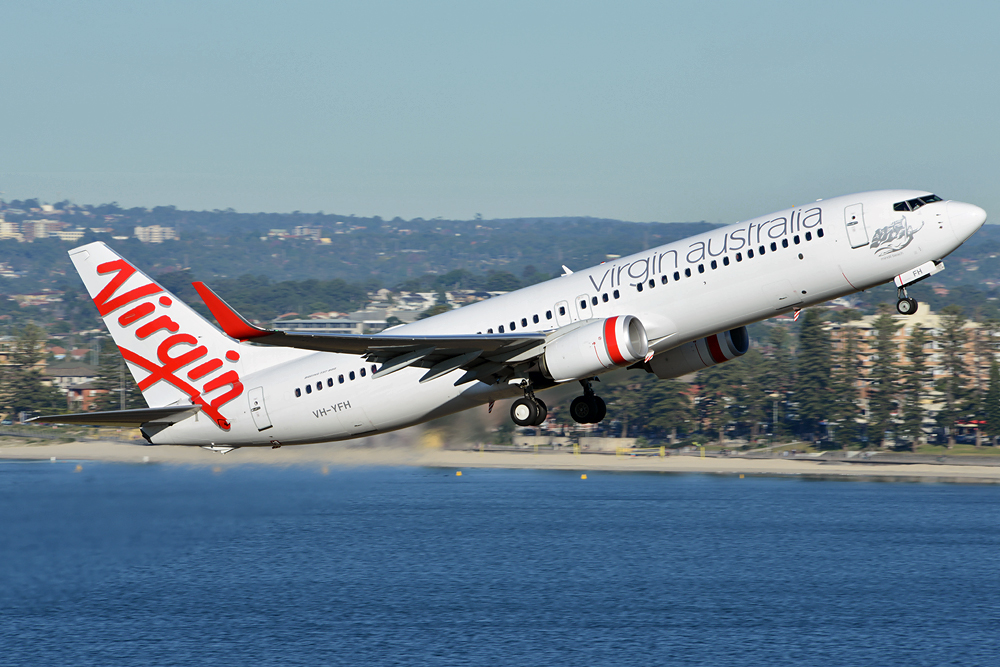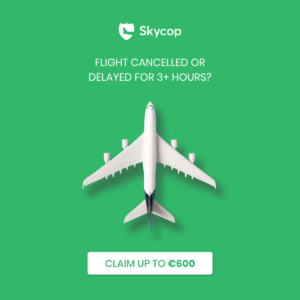Unable to survive the beating from COVID-19, and facing years of existing financial woes, Virgin Australia has filed for voluntary administration after nearly 20 years of operation.
Monday the 20th of April saw Australian media, notably The Sydney Morning Herald, report that the airline was preparing to enter administration with Deloitte. This morning, Virgin Australia confirmed these reports in an official statement on their website.
“Virgin Australia Holdings Limited (ASX: VAH) (Virgin Australia Group or Group) has entered voluntary administration to recapitalise the business and help ensure it emerges in a stronger financial position on the other side of the COVID-19 crisis.”
Virgin Australia
With an employment figure of over 16,000, Virgin Australia is now working with its administrators on options to resurrect the airline in the middle of the global COVID-19 pandemic. Facing years of operational losses and a total of $5 billion in debt, the sale of assets such as aircraft and a complete restructuring is expected.
The airline had previously attempted to secure funding by requesting a government loan of $1.4 billion, but competitive concerns and an existing support package available for Australian airlines saw the request declined.
Virgin Australia is majority owned by multiple foreign entities, which could have complicated an emergency support package from the Australian government. In their latest report, Virgin Australia was 21 percent owned by Etihad Aviation Group, 20 percent by Singapore Airlines, 20 percent by Nanshan Group, 20 percent HNA Group and 10.4 percent Richard Branson, leaving 8.6 percent to Australian shareholders.
Despite a last minute meeting in Canberra with Morrison and other officials no emergency support package was considered for Virgin Australia.
Whilst the administration process kicks in, Virgin Australia will continue to operate its scheduled international and domestic flights in order to maintain critical freight corridors and bring Australians home.
A team of administrators will work with Virgin Australia management to assess the best option for a positive outcome. For now, a fleet simplification process is being worked on, with further cuts to unprofitable routes and a consolidation to the airlines workforce.
It is important for Australia to have to mainline airlines to ensure safe competition and price flexibility is available and this is backed up by the Australian government. Virgin Australia chief executive, Paul Scurrah emphasises this in a a statement, saying the airline will come out of COVID-19 stronger than ever.
“Australia needs a second airline and we are determined to keep flying. Virgin Australia will play a vital role in getting the Australian economy back on its feet after the COVID-19 pandemic by ensuring the country has access to competitive and high-quality air travel.”
Virgin Australia Chief Executive Officer, Paul Scurrah
Virgin’s Board of Directors have shown regret that the airline has entered this state and has acknowledged the Group’s employees for their hard work and contribution since the airline launched as Virgin Blue on the 31st of August, 2000.
Frequent flyer holders have been told not to worry as the Velocity Frequent Flyer, while owned by the same group, is not under voluntary administration.
In letter form, Sir Richard Branson said Virgin Australia is not done and will work hard to ensure Australia’s second mainline airline comes out of COVID-19.
But in an unfortunate series of events, Branson’s Virgin Atlantic is also facing serious financial woes, with a collapse approaching steadily if no government support is provided.
Sources: The Sydney Morning Herald, Reuters, Virgin Australia




